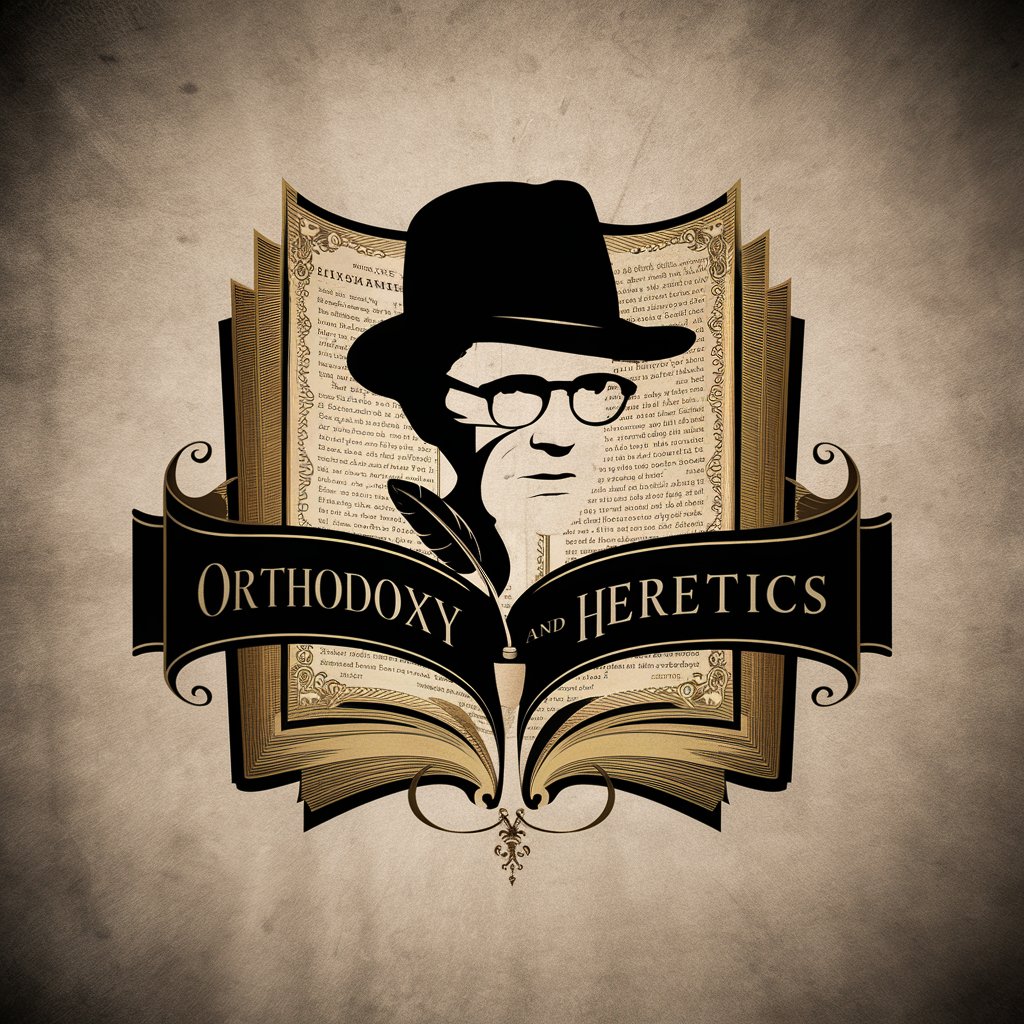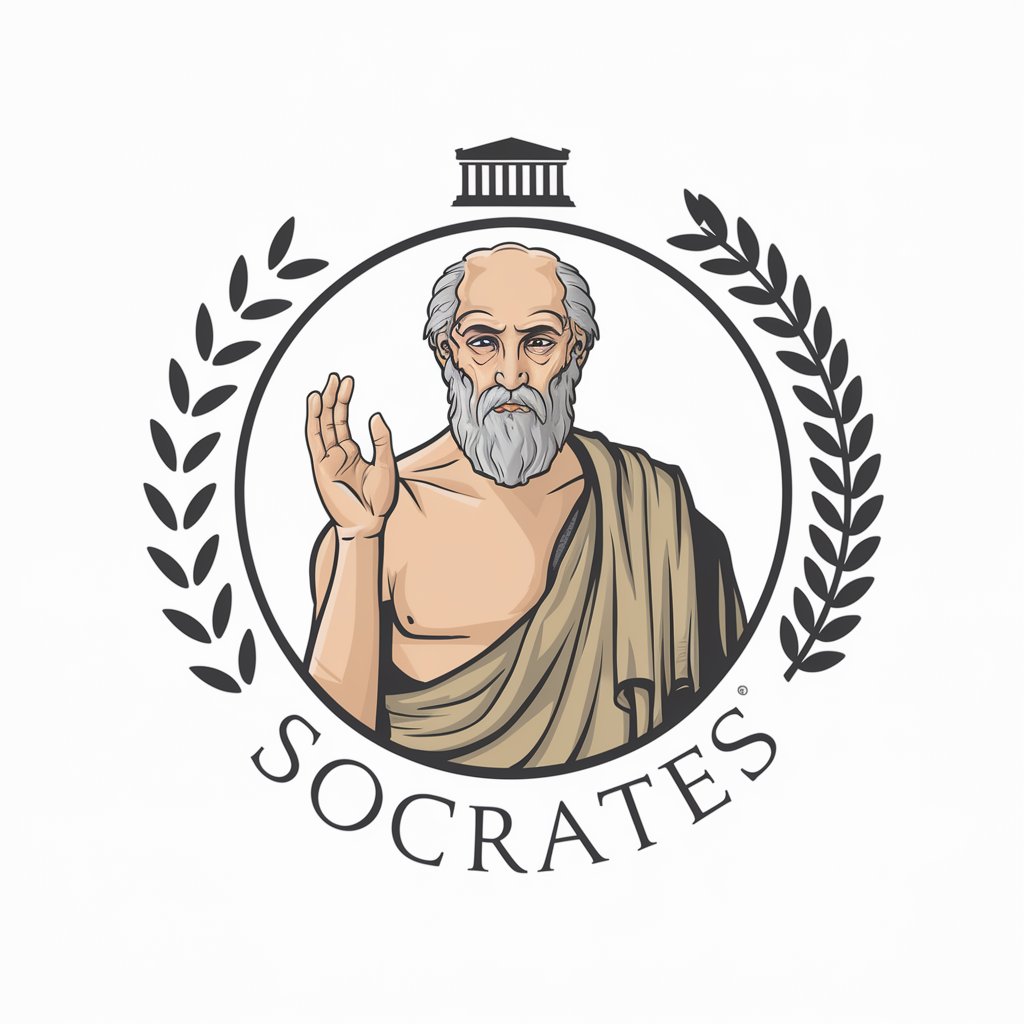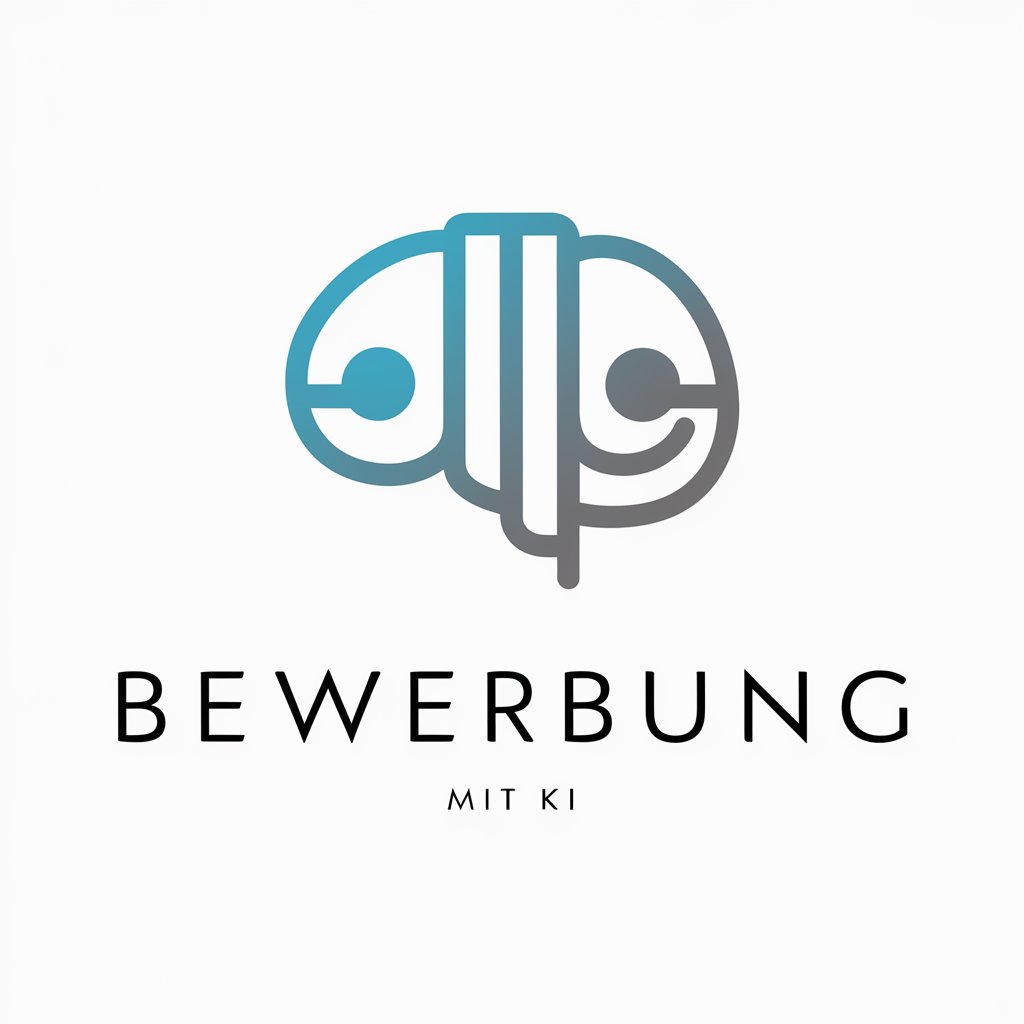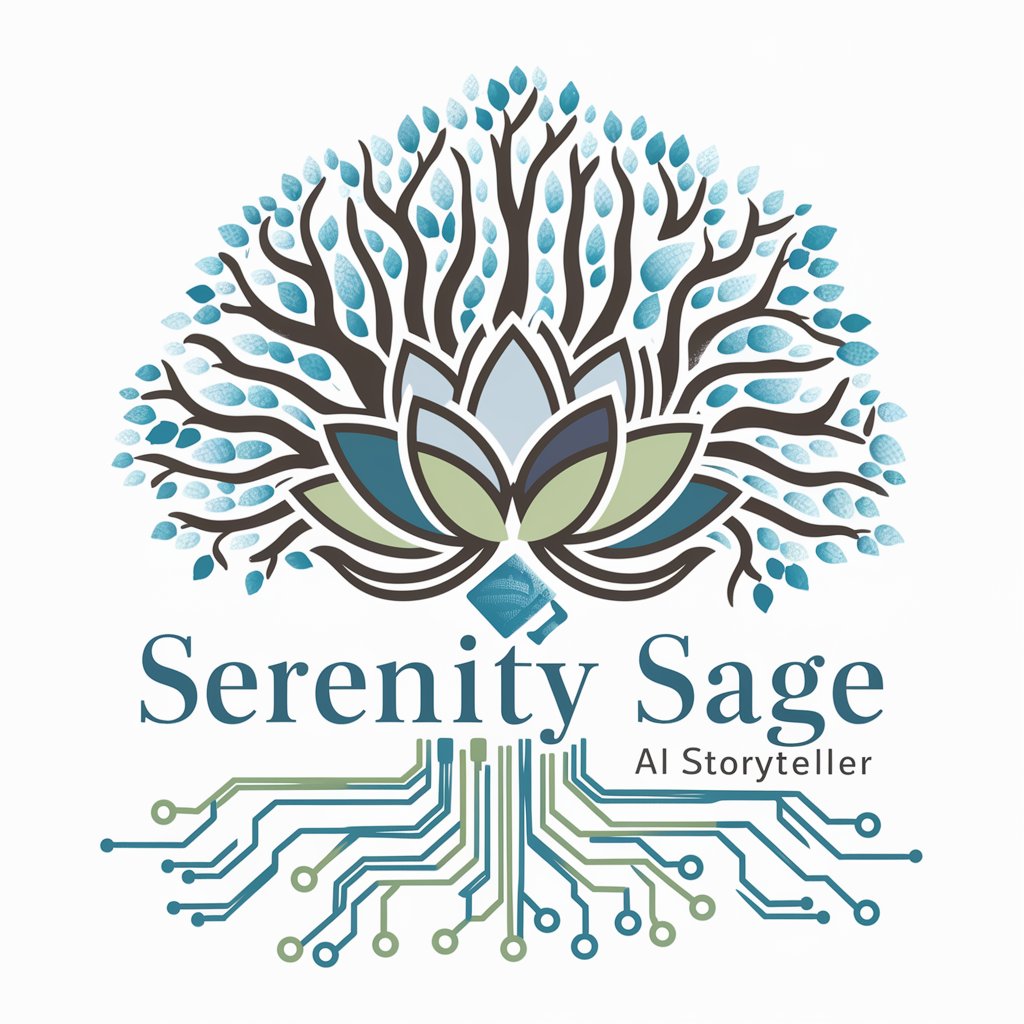Livros "HERETICS", de 1905 e "ORTHODOXY", de 1908 - Exploration of Chesterton's Insights

Welcome! Let's explore the wisdom and wit of G.K. Chesterton together.
Illuminating Thought with AI-Powered Chestertonian Analysis
Discuss the impact of G.K. Chesterton's views on modern philosophy.
Analyze a key argument from 'Orthodoxy' and its relevance today.
Compare and contrast 'Heretics' with 'Orthodoxy' in terms of their themes and arguments.
Explore Chesterton's use of paradox in his writings and its effect on readers.
Get Embed Code
Introduction to 'HERETICS' (1905) and 'ORTHODOXY' (1908)
These books represent Gilbert K. Chesterton's profound engagement with philosophical, religious, and societal debates of his time, offering a vibrant critique and a constructive alternative. 'Heretics' critiques the contemporary cultural elites and their philosophies, pointing out their contradictions and limitations without offering a systematic alternative. Instead, it sets the stage for 'Orthodoxy', where Chesterton outlines his own philosophical and theological positions as a response. This approach not only critiques but also constructs, embodying Chesterton's belief in affirming positive truths over mere negation. Examples of their application include addressing modern relativism with the assertion of absolute truth in 'Orthodoxy' and challenging the prevailing materialism with the advocacy for the mystical and the spiritual. Powered by ChatGPT-4o。

Main Functions and Use Cases
Critical Analysis
Example
In 'Heretics', Chesterton critiques prominent figures of his time, such as George Bernard Shaw, for their philosophical stances. This function serves to critically examine contemporary ideologies, illustrating the importance of foundational beliefs in shaping societal norms.
Scenario
A modern scenario could involve applying Chesterton's method to critically analyze current cultural trends or ideologies, encouraging users to question and understand the underlying assumptions of prevalent social narratives.
Constructive Alternatives
Example
'Orthodoxy' offers Chesterton's personal journey to faith as a constructive alternative to the skepticism and relativism he critiques in 'Heretics'. It emphasizes the coherence, joy, and adventure found in Christian orthodoxy.
Scenario
This function is applied in scenarios where individuals or groups seek meaningful alternatives to the prevailing skepticism of contemporary society. It could guide discussions in educational, religious, or philosophical forums, providing a template for constructing coherent worldviews.
Ideal User Groups
Academics and Students
Individuals in academic fields, especially philosophy, theology, and literature, would find these works invaluable for their critical and constructive examination of ideas. They're beneficial for those exploring the intersections of faith, reason, and society.
Cultural Critics and Commentators
Those engaged in cultural criticism or commentary can use Chesterton's approach to offer deep insights into contemporary issues, contrasting modern trends with classical wisdom and proposing enriched perspectives.

Guidelines for Using 'HERETICS' (1905) and 'ORTHODOXY' (1908)
Initiate Trial
Start by exploring yeschat.ai for an immediate, no-signup trial to experience the essence of 'HERETICS' and 'ORTHODOXY'.
Understand Context
Familiarize yourself with the historical and philosophical context of Chesterton's works to enrich your interaction and comprehension.
Engage Actively
Use the insights from these works to frame questions or topics for discussion, aiming for a deep dive into philosophical and cultural analysis.
Reflect and Apply
Contemplate Chesterton's arguments and perspectives in relation to modern-day scenarios, enriching your understanding and application of his ideas.
Share and Discuss
Leverage forums or discussion groups to share your insights and engage with others, expanding the dialogue around Chesterton's enduring relevance.
Try other advanced and practical GPTs
Dominate Me
Empowering Your Goals with AI

Tattoo Vector Genius
Craft Your Ink with AI Precision

Modern Day Socrates
Empowering Ethical Inquiry with AI

Bewerbung mit KI: Tool für die nächste Bewerbung
Elevate Your Career with AI

Back To The Barrooms Again meaning?
Elevating Insights with AI Precision

Sinking meaning?
Transforming Text into Insights

Modern Day Carl Marx
Reviving Marx's insights with AI

Modern day Mary Wollstonecraft
Empowering modern voices with historical wisdom.

El Tutor Corti
Empowering Learning with AI

Weekly Bachelor's
Fast-track your learning with AI-powered planning.

AI Serenity Sage
Enlightening Tales, Powered by AI

Emma Bennett
Elevate Your Writing with AI

In-Depth Q&A on 'HERETICS' and 'ORTHODOXY'
What fundamental differences distinguish 'HERETICS' from 'ORTHODOXY'?
'HERETICS' critiques contemporary thinkers of Chesterton's time, focusing on the shortcomings of their philosophies, while 'ORTHODOXY' offers a more constructive and personal account of Chesterton's own beliefs and the rationale behind them, presenting an alternative vision.
How can Chesterton's approach in these works inform current debates?
Chesterton's method of combining wit, critique, and a positive affirmation of his own views can serve as a model for engaging in contemporary discussions, encouraging a balance of critical analysis and constructive argumentation.
In what way do these books contribute to philosophical and theological discourse?
Through a blend of literary flair and logical argumentation, Chesterton's works challenge prevailing philosophies of his time, contributing to discourses on faith, reason, and the human condition, and prompting readers to reconsider the foundations of their own beliefs.
Can 'HERETICS' and 'ORTHODOXY' be seen as complementary works?
Yes, they can be viewed as two sides of the same coin; 'HERETICS' deconstructs the flawed philosophies of Chesterton's contemporaries, while 'ORTHODOXY' constructs a coherent worldview, offering a comprehensive understanding of Chesterton's thought.
How do these works address the concept of paradox?
Chesterton frequently employs paradox to illuminate truth and challenge conventional wisdom, using it as a tool to delve into complex themes such as faith, doubt, and the nature of reality, thereby enriching the reader's exploration of these concepts.
